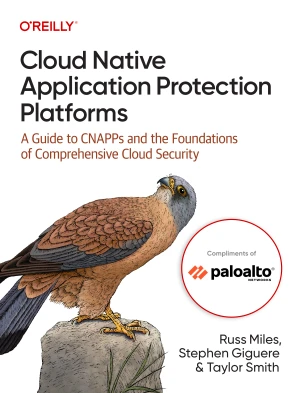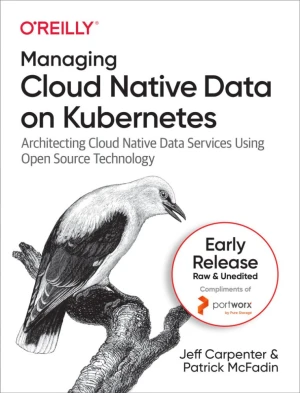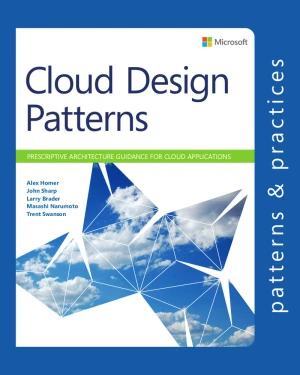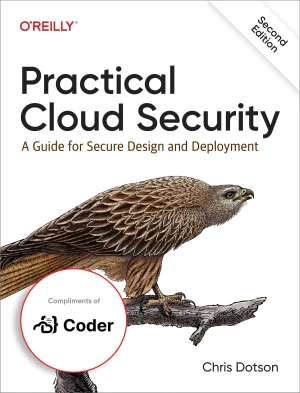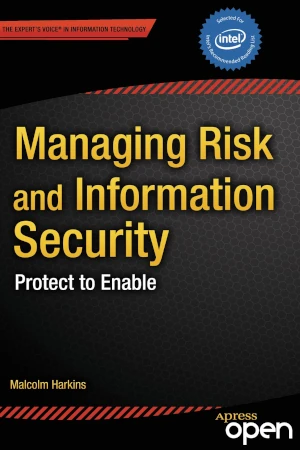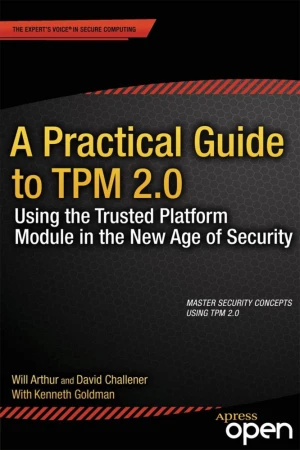Building the Infrastructure for Cloud Security
A Solutions View
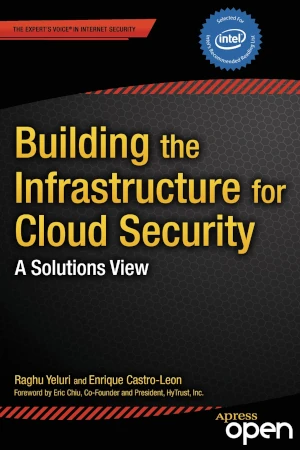
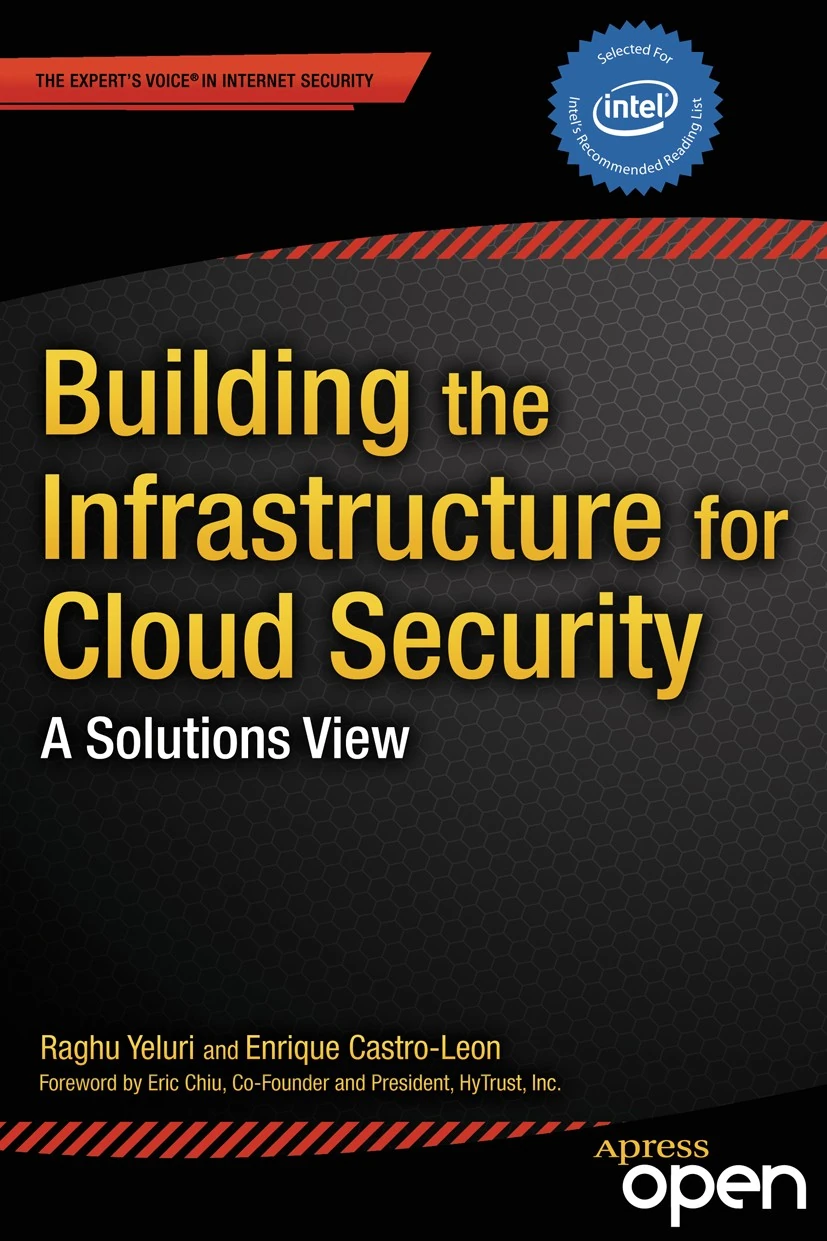
Book Details
| Authors | Raghu Yeluri, Enrique Castro-Leon |
| Publisher | Apress |
| Published | 2014 |
| Edition | 1st |
| Paperback | 244 pages |
| Language | English |
| ISBN-13 | 9781430261452, 9781430261469 |
| ISBN-10 | 1430261455, 1430261463 |
| License | Apress Open |
Book Description
For cloud users and providers alike, security is an everyday concern, yet there are very few books covering cloud security as a main subject. This book will help address this information gap from an Information Technology solution and usage-centric view of cloud infrastructure security. The book highlights the fundamental technology components necessary to build and enable trusted clouds. Here also is an explanation of the security and compliance challenges organizations face as they migrate mission-critical applications to the cloud, and how trusted clouds, that have their integrity rooted in hardware, can address these challenges.
This book provides:
- Use cases and solution reference architectures to enable infrastructure integrity and the creation of trusted pools leveraging Intel Trusted Execution Technology (TXT).
- Trusted geo-location management in the cloud, enabling workload and data location compliance and boundary control usages in the cloud.
- OpenStack-based reference architecture of tenant-controlled virtual machine and workload protection in the cloud.
- A reference design to enable secure hybrid clouds for a cloud bursting use case, providing infrastructure visibility and control to organizations.
If you enjoyed the book and would like to support the author, you can purchase a printed copy (hardcover or paperback) from official retailers.
Download and Read Links
Share this Book
[localhost]# find . -name "*Similar_Books*"
Cloud Native Application Protection Platforms
Cloud native security isn't a game for individual players. It requires team collaboration with a platform that can help cloud security engineers, developers, and operations people do their best work. That's what the cloud native application protection platform (CNAPP) delivers. With this practical guide, you'll learn how CNAPPs can help you consoli
Managing Cloud Native Data on Kubernetes
Is Kubernetes ready for stateful workloads? This open source system has become the primary platform for deploying and managing cloud native applications. But because it was originally designed for stateless workloads, working with data on Kubernetes has been challenging. If you want to avoid the inefficiencies and duplicative costs of having separa
Cloud Design Patterns
Cloud applications have a unique set of characteristics. They run on commodity hardware, provide services to untrusted users, and deal with unpredictable workloads. These factors impose a range of problems that you, as a designer or developer, need to resolve. Your applications must be resilient so that they can recover from failures, secure to pro
Practical Cloud Security, 2nd Edition
With rapidly changing architecture and API-driven automation, cloud platforms come with unique security challenges and opportunities. In this updated second edition, you'll examine security best practices for multivendor cloud environments, whether your company plans to move legacy on-premises projects to the cloud or build a new infrastructure fro
Managing Risk and Information Security
Managing Risk and Information Security: Protect to Enable, describes the changing risk environment and why a fresh approach to information security is needed. Because almost every aspect of an enterprise is now dependent on technology, the focus of IT security must shift from locking down assets to enabling the business while managing and surviving
A Practical Guide to TPM 2.0
A Practical Guide to TPM 2.0: Using the Trusted Platform Module in the New Age of Security is a straight-forward primer for developers. It shows security and TPM concepts, demonstrating their use in real applications that the reader can try out. Simply put, this book is designed to empower and excite the programming community to go out and do cool

